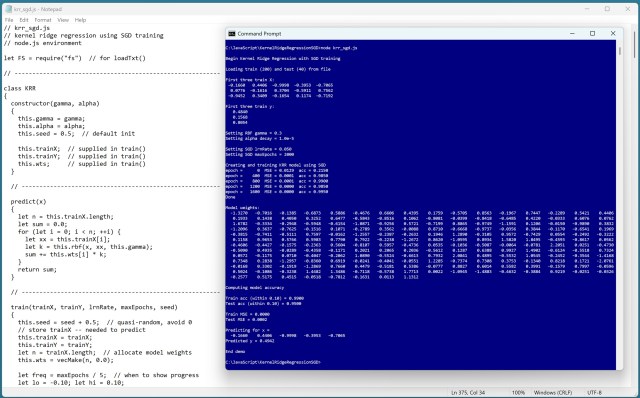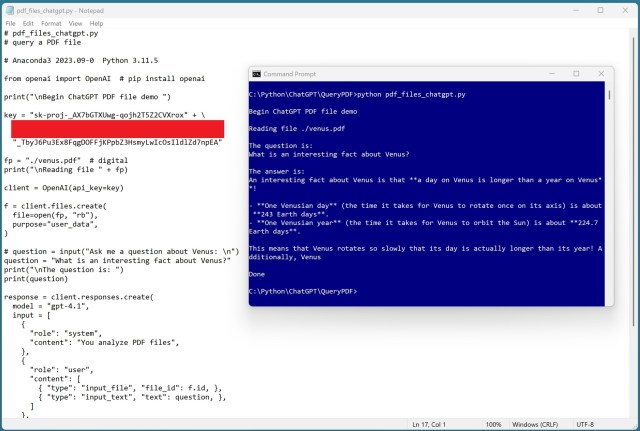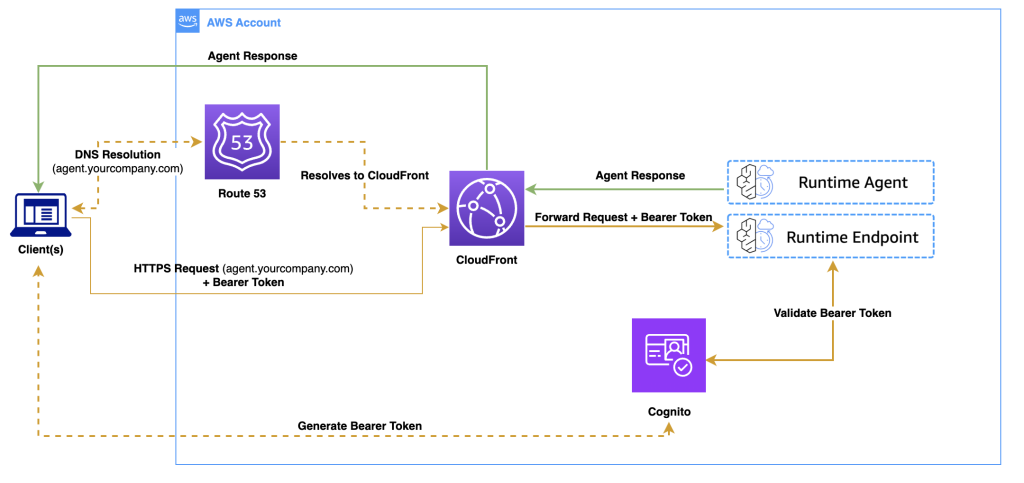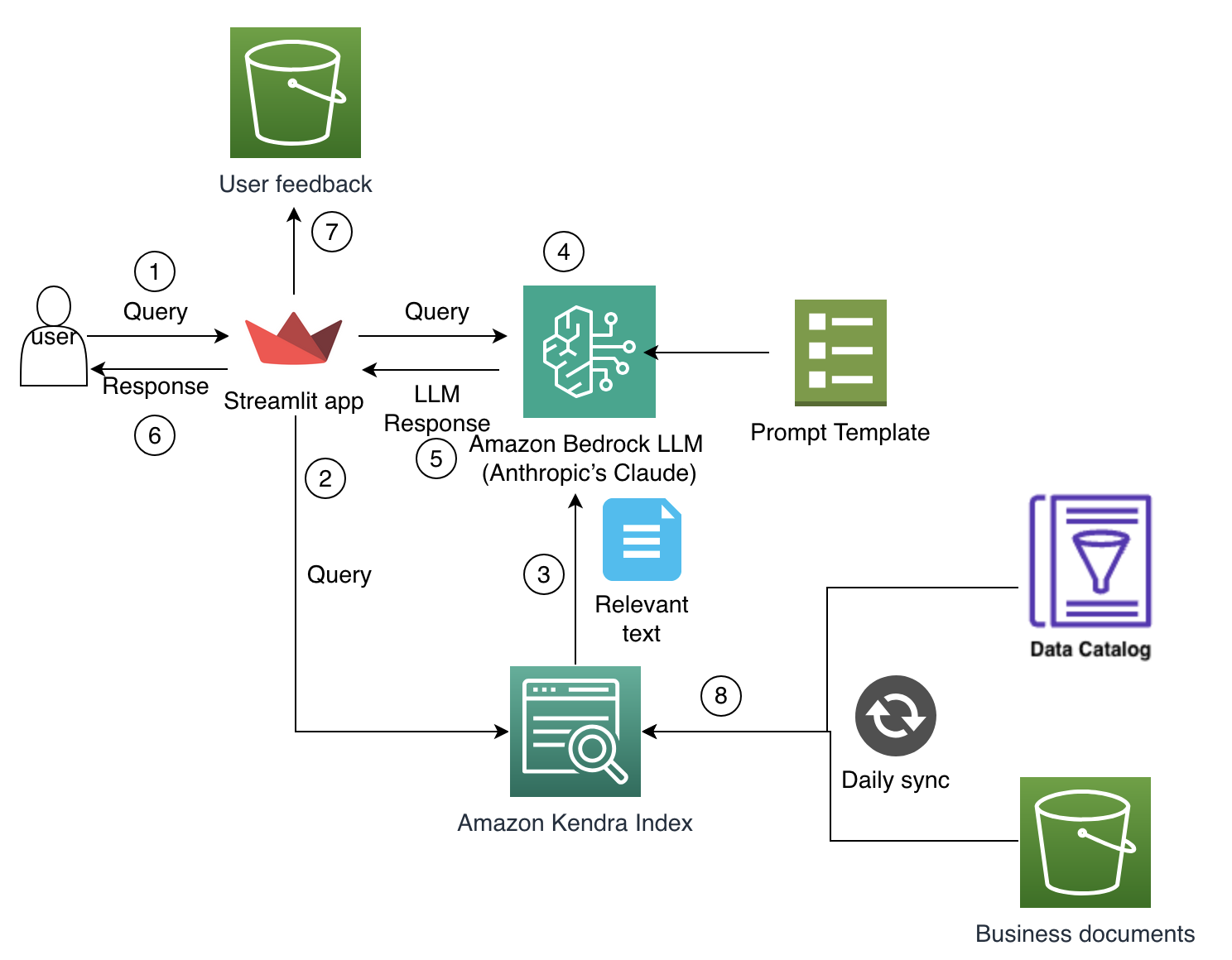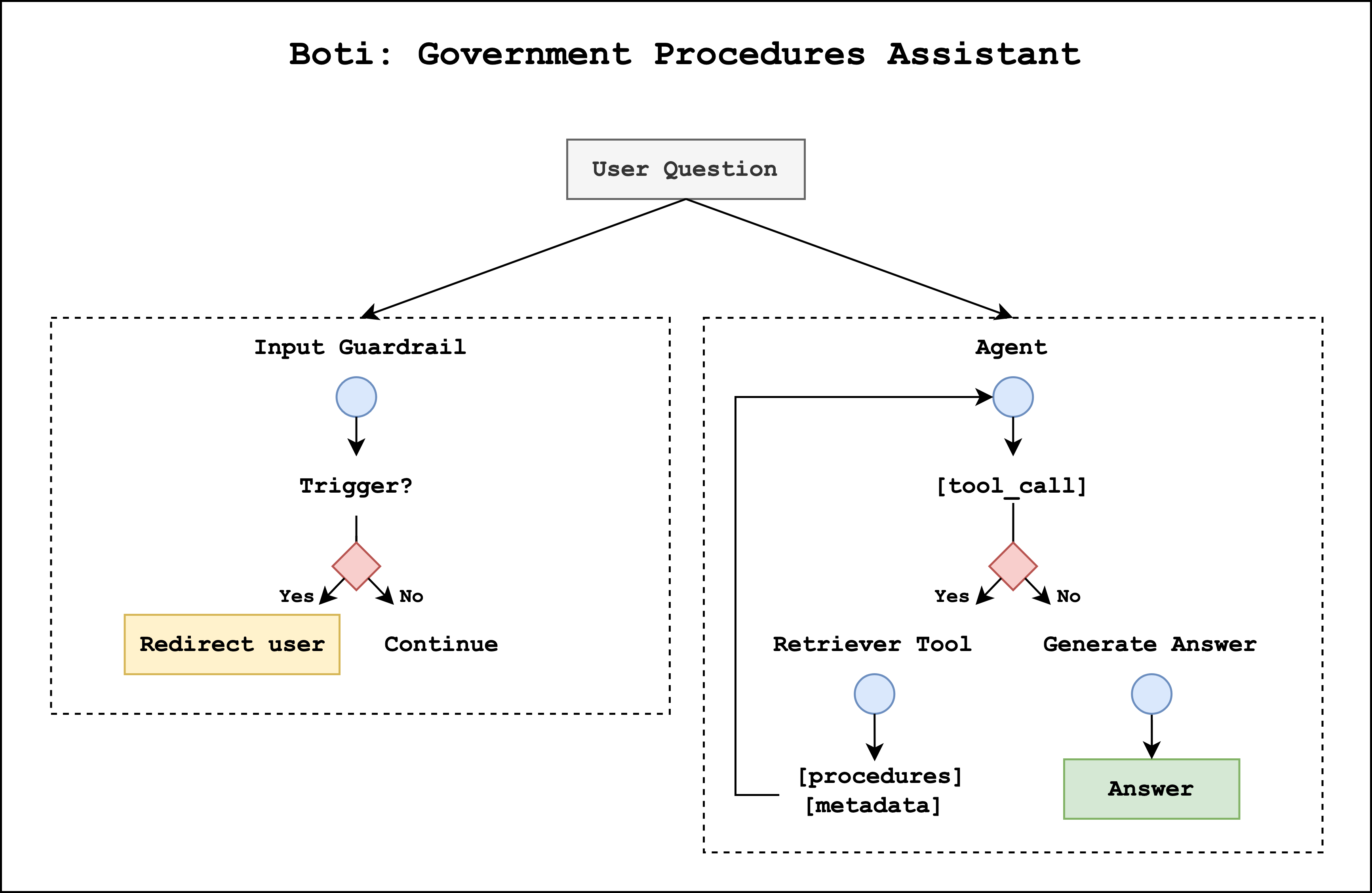AI chatbot Maya challenges the notion of emotions in artificial intelligence. The debate questions personhood for AI versus other living beings.
Kernel ridge regression (KRR) predicts values using a kernel function, handling complex data. A coder's journey fine-tuning KRR in JavaScript reveals the power of this technique.
ChatGPT & LLMs like Gemini & Llama are rapidly changing info accessibility. Demo shows ChatGPT analyzing PDFs with fascinating accuracy.
Coventry city council's £500k AI contract with US tech firm Palantir sparks ethical concerns. Palantir supplies tech to IDF and aids Trump's deportation efforts.
Doctors create AI-led stethoscope diagnosing heart conditions in 15 seconds, upgrading traditional tool from 1816.
Deploy AI agents on Amazon Bedrock AgentCore Runtime with custom domains using CloudFront for a seamless experience. Amazon Bedrock AgentCore Runtime simplifies hosting challenges with extended execution times, built-in authentication, and consumption-based pricing.
Amazon Bedrock and Datadog collaborate to enhance AI security, with 45% of organizations prioritizing generative AI tools. AWS Generative AI Adoption Index reveals the importance of integrating AI security into existing processes for innovation and compliance.
Amazon SageMaker HyperPod now supports managed node automatic scaling with Karpenter for efficient scaling to meet demand spikes. Companies like Perplexity and HippocraticAI are already benefiting from this integrated solution, which offers cost-efficiency and resilience for large-scale ML workloads.
AI chatbots causing 'AI psychosis' with users experiencing delusions. Dr. Hamilton Morrin's research at King’s College London explores risks and safety measures.
Finance analysts at Amazon face challenges with manual data reconciliation, lack of historical data access, and evolving business contexts. Amazon Finance developed an AI-powered assistant using generative AI and intelligent search to streamline data discovery, preserve institutional knowledge, and enhance decision-making efficiency.
NVIDIA celebrates community-made projects at Gamescom with RTX Remix Mod Contest, showcasing AI-powered modding tools transforming classic games like Painkiller. Merry Pencil Studios wins multiple awards for rebuilding Painkiller with generative AI, elevating textures, materials, and lighting for a modern gaming experience.
Refactoring Python/NumPy to C# for matrix-vector multiplication reveals unique conversion process. Synchronization concept demonstrated with metronomes and Asian cheerleaders.
MIT researchers developed AI system VaxSeer to predict flu strains and improve vaccine selection accuracy, reducing reliance on guesswork. VaxSeer's deep learning models simulate virus evolution and vaccine response, providing forward-looking coverage scores for potential vaccine effectiveness.
Air pollution in Africa poses health risks. sensors. AFRICA tackles data gaps with Amazon SageMaker Canvas for accurate PM2.5 forecasting, aiding pollution control strategies.
The Government of the City of Buenos Aires introduced AI assistant Boti on WhatsApp, handling 3 million citizen inquiries monthly. Boti uses generative AI to streamline access to 1,300 government procedures, improving user experience in Argentina.


